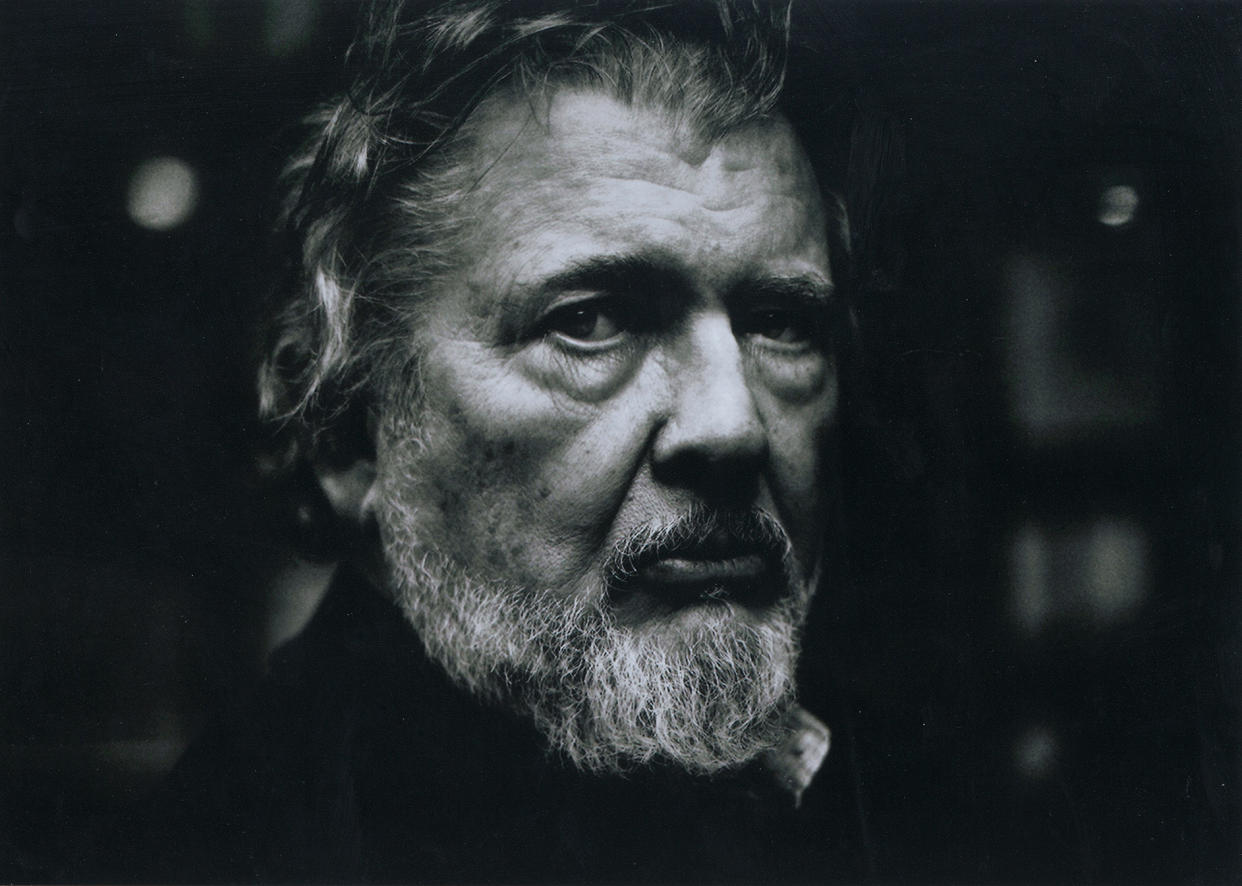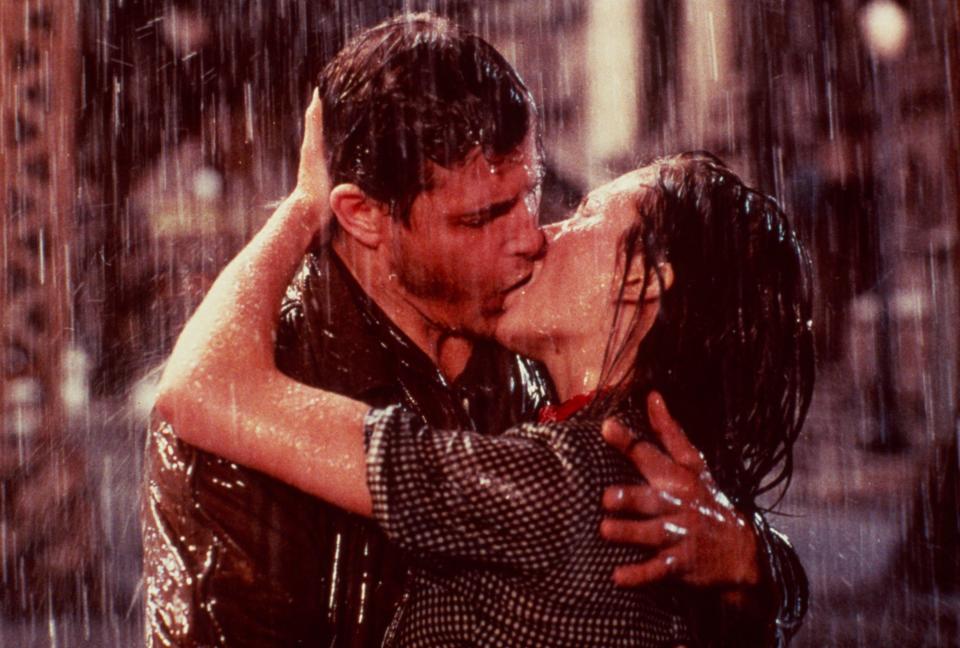Walter Hill Treated Screenplays Like Literature and Inspired a Generation of Filmmakers

On April 14, one of America’s greatest living screenwriters will receive an honor he has long deserved when the Writers Guild of America West honors Walter Hill with its 2024 Laurel Award for Screenwriting Achievement. From early scripts for other directors (most notably Sam Peckinpah’s “The Getaway”) to his own exquisitely crafted debut feature “Hard Times” and later classics like “The Driver,” “The Warriors,” “48HRS.” and “Streets of Fire,” Hill has built a body of work as personal and expressive as it is influential; no less a screenwriting authority than Quentin Tarantino has said of Hill, “When I read ‘Hard Times,’ I could see what a script could be.”
The Writers Guild’s lifetime achievement award is presented to members who have “advanced the literature of motion pictures and made outstanding contributions to the profession of the screenwriter,” and no one fulfills this criteria better than Hill, whose scripts not only have resulted in some of the greatest American genre films of the last 50 years but are also a pleasure to read — something that was very important to Hill when he was starting out. “I felt caught in a system where screenplays were often fabricated as blueprints,” Hill told IndieWire. “It was just endemic to the business that screenplays were always kind of lousy to read, and I didn’t like that. I wanted to move them toward a much leaner and more readable approach, to approach screenplays as a kind of literature.”
More from IndieWire
Hill is quick to point out that he wasn’t the first person to have this idea — “It’s been discussed ever since silent films,” he said — but there’s no question that his stripped-down, poetic approach to description had a huge impact on the filmmakers who followed him, not only Tarantino but also Edgar Wright, Guillermo del Toro, and Sean Baker, all of whom have acknowledged Hill’s influence. Hill, whose best films are rich in irony and contradiction, is quick to point out the paradox inherent in trying to make screenplays literature. “My old writing partner David Giler always said screenwriting was this bastard form of literature where the only people that read your work were the people that were going to destroy it,” Hill laughed. “Meaning actors, directors, and producers.”

At the time he was writing most of his best films, Hill couldn’t have imagined that someday the internet would give everyone access to his work, thus allowing readers to experience the haiku-like economy and precision of “The Driver” or the delirious romanticism of “Streets of Fire” as scripted. The availability of Hill’s scripts combined with Tarantino and Wright’s proselytizing on Hill’s behalf has led to the resurgence of his reputation as a screenwriter after years of being thought of more as a director. “I’ve always thought of myself as a writer, but for whatever reason, whenever people wrote about me, they always said ‘director Walter Hill,’ and that bothered me,” Hill said, noting that because of that, the announcement of the Laurel award came as a complete and welcome surprise. “It was very unexpected and very appreciated, especially since it comes from my peers.”
The award comes during a period when Hill has been the subject of a great deal of reappraisal in the form of international retrospectives, a comprehensive critical study by Walter Chaw, and abundant special edition physical media releases loaded with thoughtful analyses of his work. Hill finds all of it flattering — “it reinforces my confidence” — but still has his eye on the future rather than the past. “When they give you a lifetime achievement award, it is kind of obligatory that you say, ‘Wait a minute, it’s not over. I’m still working,'” Hill said. “It always sounds like the end of the trail. But I like to look forward, not back. I’m much more interested in my next screenplay than I am in my last one. My last one [“Dead for a Dollar”] was a Western, and now I’m going back to film noir, and I hope to make a couple more. So the beat goes on.”
Best of IndieWire
Sign up for Indiewire's Newsletter. For the latest news, follow us on Facebook, Twitter, and Instagram.
Solve the daily Crossword

